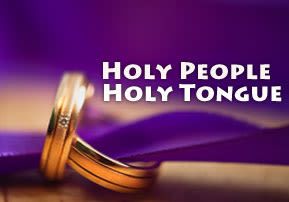
Emor: Holy People, Holy Tongue
It's no coincidence that we read the account of Shlomit bat Divri every year during the Counting of the Omer. What's the connection between the two?

Let me take you back in our imaginary time machine to eavesdrop on a conversation that took place in Egypt over 3300 years ago:
Shlomit the Israelitess: “Good morning, Farid – how are you today?”
Farid the Egyptian taskmaster: (His heart skips a beat, for this is the first time that one of those beautiful Israelite women ever spoke to him) Fine, thank you – what’s your name?
Shlomit the Israelitess: “Shlomit, the daughter of Divri. My husband is one of the slaves in the work crew that you’re in charge of. His name is Shlumiel. Is that a new shirt you’re wearing? You look handsome in it. I like the smell of your after-shave too…”
What was the outcome of the above exchange of words?
Fires of lust burned inside Farid. Never in history had an Egyptian laid a finger on an Israelite woman. Every single Egyptian learned in the first grade what happened to ancient Pharaoh when he abducted our matriarch Sarah. He and all his people were smitten with infertility and impotence until he freed her and begged Abraham’s forgiveness. Since then, no Egyptian ever dreamed of exchanging words with an 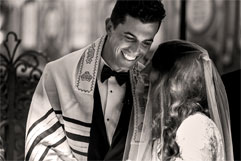 Israelitess, much less anything else.
Israelitess, much less anything else.
Shlomit’s wagging tongue knocked down the walls of verbal modesty that protect a Jewish woman against sin. What did it lead up to?
And the son of an Israelite woman went out – and he was the son of an Egyptian man – among the children of Israel; they fought in the camp, the son of the Israelite woman (fought with) an Israelite man…the son of the Israelite woman pronounced the Name and blasphemed…and the name of his mother was Shlomit bat Divri (Leviticus 24:10-11).
This week’s Torah portion’s condemnation is really a prodigious compliment of the Jewish People. In the entire 210 years of slavery in Egypt that stretched over six generations and included millions of Jews, there was only one lone case of marital infidelity[1], which the Torah publicizes here in neon lights. How? Shlomit bat Divri was sleeping. A man entered her bed; she was sure that it was her husband, but it wasn’t. It was her husband’s Egyptian taskmaster who forced her husband to work all night long at hard labor and beat him so bad that he died[2]. In the middle of the night, the Egyptian snuck away and surprised the Israelite’s wife. A son was conceived that night.
Rabbi Ovadia of Bartenura explains that Shlomit’s son, who had now grown up to be a young man, wanted to pitch his tent within the encampment of the Tribe of Dan, his mother’s tribe. The Danites wouldn’t let him. He asked why and they told him that his father was not a member of the tribe, and tribal membership goes according to the father, not the mother. The young man replied that he never knew his father. “Of course you never knew him,” one of the Danites said. “Your father was an Egyptian and you’re his illegitimate son – a mamzer.”
The young man’s temper was reaching its boiling point. “Prove it to me,” he said; “where’s my father?”
The Danite said, “I can’t revive a dead person – Moses killed him.”
A fight started between the two. Shlomit’s son, “the son of an Israelite woman…and an Egyptian man” as the Torah tells us, blasphemed the holy Name and was executed.
The Gemara tells us that the deeds of fathers and mothers are stepping-stones for sons and daughters. Shlomit sinned with her wagging tongue in an unprecedented manner and her son sinned with his tongue in an unprecedented manner, so much so that no one knew what the punishment for blaspheming was – they had to ask Moses.
What does all this have to do with the Omer?
The curtailment of many joyous activities during the Omer, such as weddings, music and dancing, stems from the death of Rebbe Akiva’s 24,000 students, who “didn’t properly respect one another” (Yevamot 62b). How so? In their learning together, they would speak with a disdaining and condescending manner to one another, each thinking that he was smarter than his fellow. Their smug manner, as the Ben Ish Chai explains, was a defamation of Hashem’s Name, for the common people said, “If this is the way Torah scholars act, then who needs to learn Torah?” The all died during the Omer from ascara, a type of diphtheria that attacks the mouth and tongue. Before they died, they lost their power of speech.
The lesson that we learn both from Shlomit bat Divri and Rebbe Akiva’s 24,000 students is that a holy people must have a holy tongue. A breach of holiness in speech leads to a total contamination of the soul, Heaven forbid. Since speech is the basis of interpersonal relations, and a Jew’s interpersonal relations must be holy, then our speech certainly must be holy.


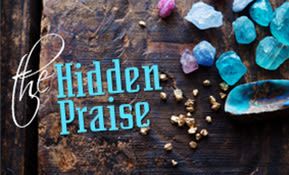



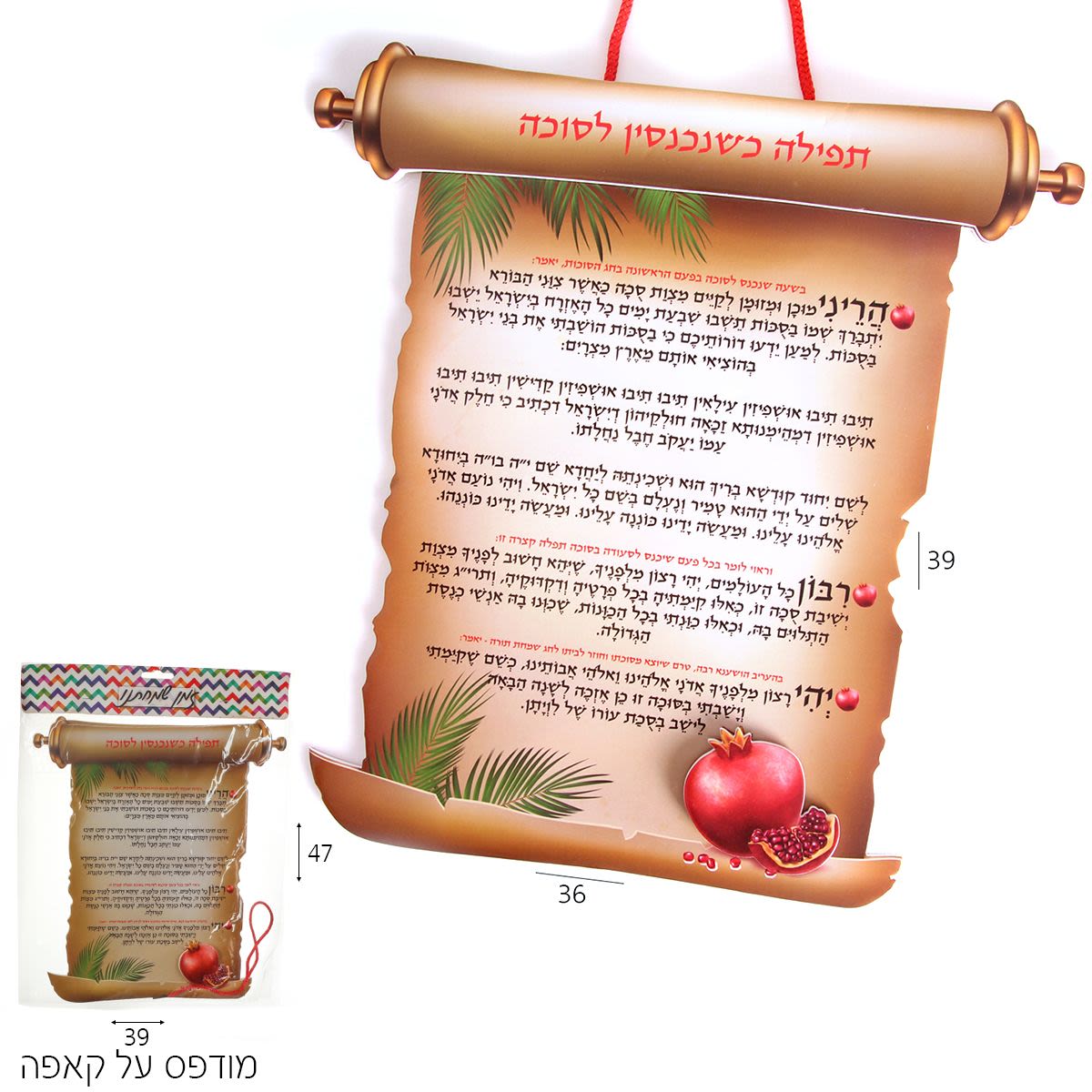
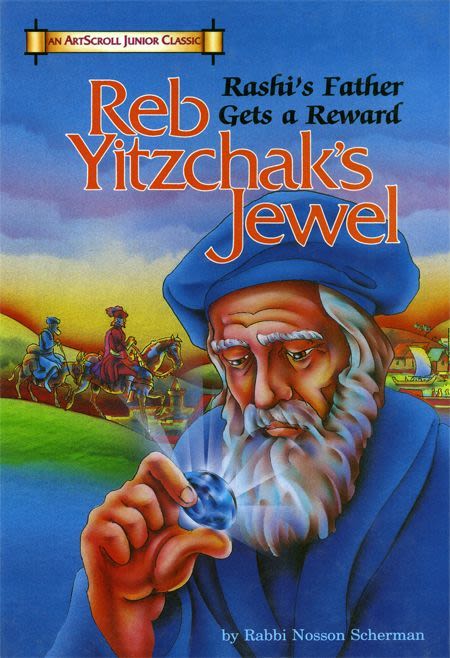
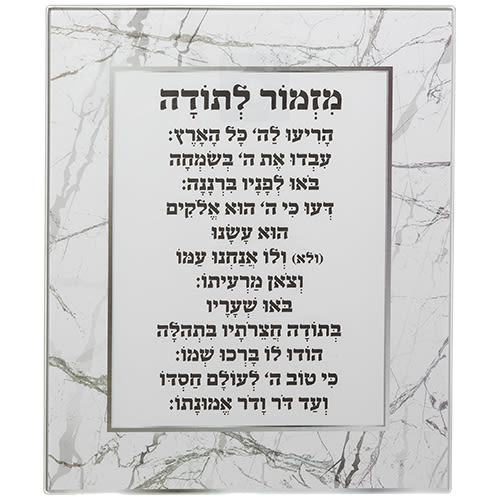

4/27/2023
Wow, that’s a neat question!
Shlomit’s son is enmeshed in a triangle of less-than-sterling characters – the biological father was an evil Egyptian taskmaster, Shlomit’s husband (the famous Datan) is an “officer” over fellow Jewish slaves (something of a “kappo”), and Shlomit with her own flirtatious behavior. So you can see where the son’s murky background might lead to severe problems.
This son was born of a forbidden union but raised among Jews. He witnessed the 10 plagues, the splitting of the Red Sea, and stood at Har Sinai to hear the voice of Hashem speak to the nation. He heard Hashem’s Ineffable Name from Hashem Himself when He said, “I am the Almighty, your God”. The Ineffable Name is only to create peace among people (for example, at Marah and in the sotah ritual), for blessings, and for holiness!
Those lessons were totally lost on Shlomit’s son. He used the Ineffable Name to curse!! In essence, he knowingly turned his back on Hashem. He weaponized the life-changing gifts he received at Har Sinai into something vile and destructive.
Shlomit’s son could have lived (had he not cursed) outside the camp-with the eruv rav (mixed multitude). That would have been absolutely fine. But because he defiled and supremely misused Hashem’s Name for destructive purposes toward others, He was not fit to live with anyone, anywhere.
4/26/2023
Thanks for the explanation, but I’m still wondering — since the son of Shlomit wasn’t allowed to live with the Danites, exactly where in the whole camp WAS he supposed to live? After all, his father didn’t belong to any Hebrew tribe.
I keep hearing, in my head, another conversation that might be heard from a time-machine:
ACTUAL DANITE MAN: “Get out of our tribal area, you half-Egyptian.”
SON OF SHLOMIT: “So, whose tribal area should I be in, instead?”
ACTUAL DANITE MAN: “God knows. So go ask Moses.”
[SON OF SHLOMIT seeks and finds Moses, explains what happens, and asks:] Where may I pitch my tent? My father’s house is among the Egyptians whom we escaped. We crossed the sea, we stood at Sinai, we promised to obey and hear God’s commands — I was there, and I am here, like all of us. For me to camp according to my father’s house, I must undo the journey so far, and run back to Egypt alone, and hope they’ll take me back for a slave. Is this what the Lord commands? Is this Torah, and is this its reward? Was I good enough to rescue from Egypt, but not good enough for anything after that? What God is this, whose rule of life includes a zoning regulation that I break by just being existing?”